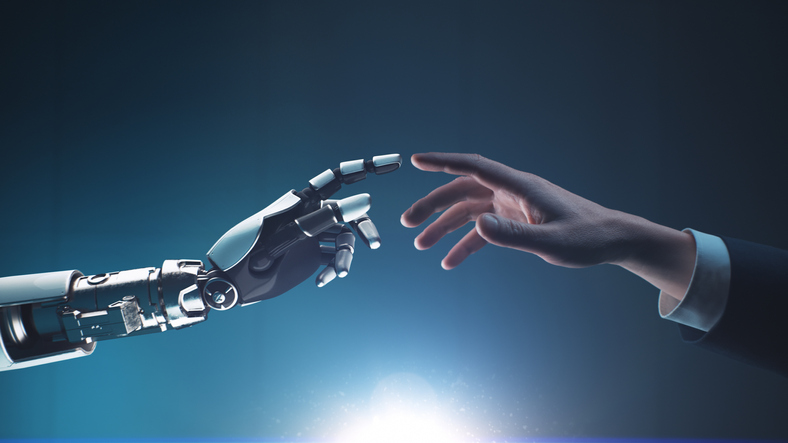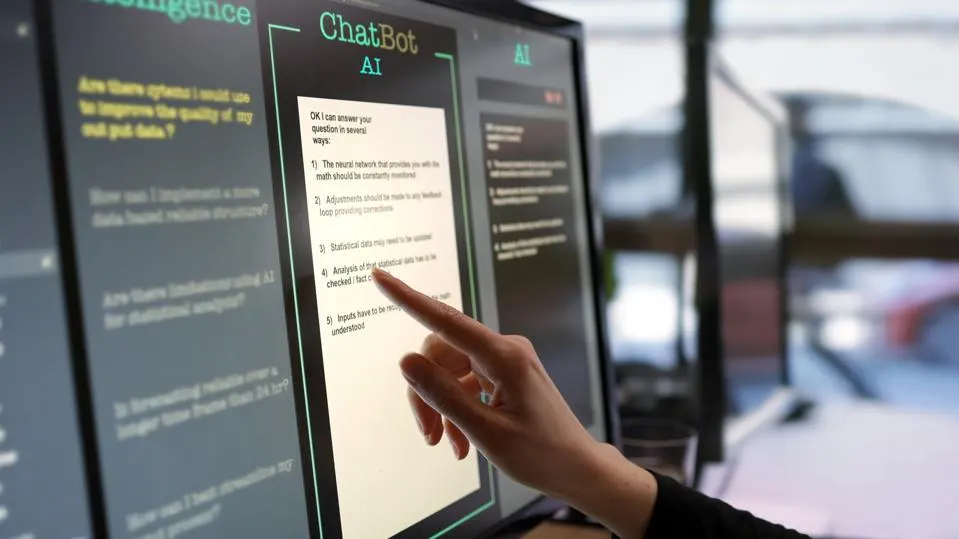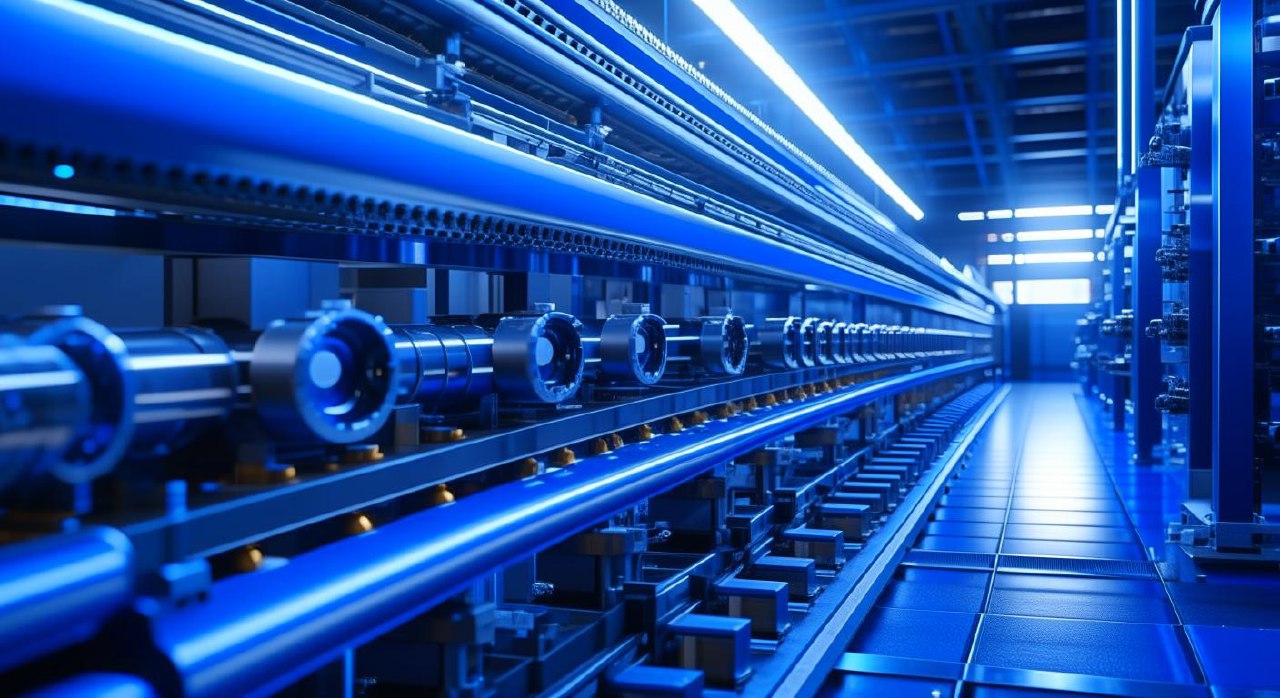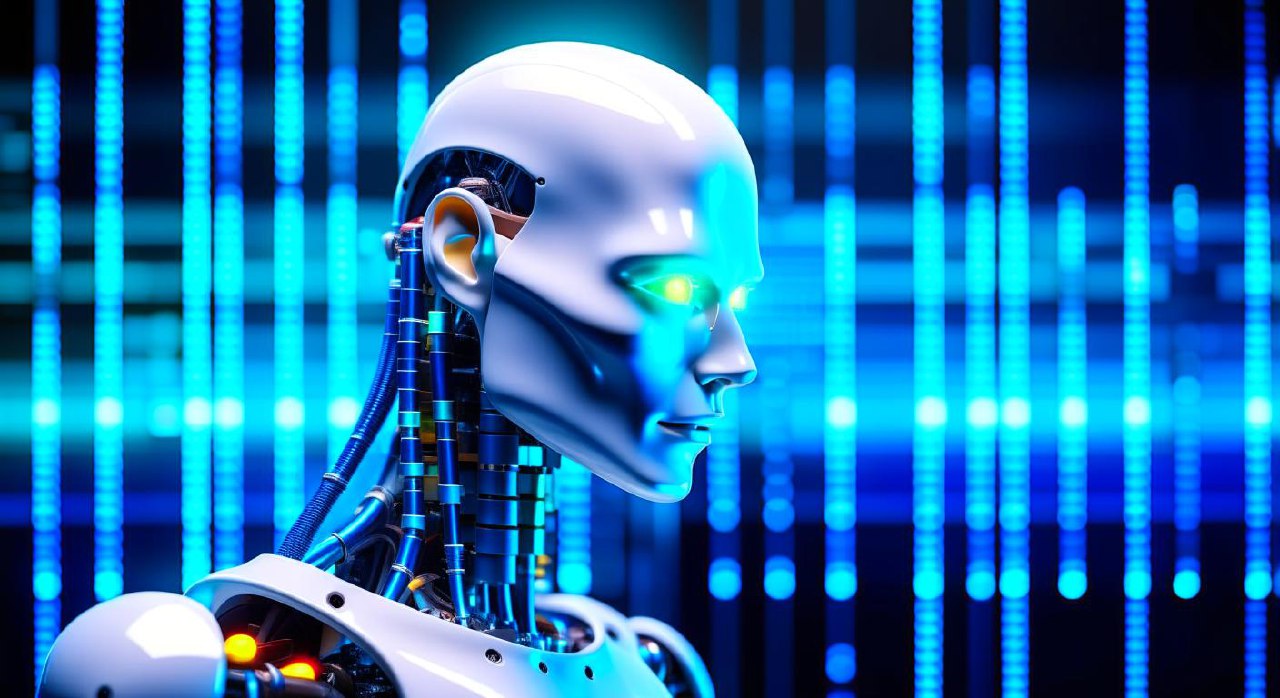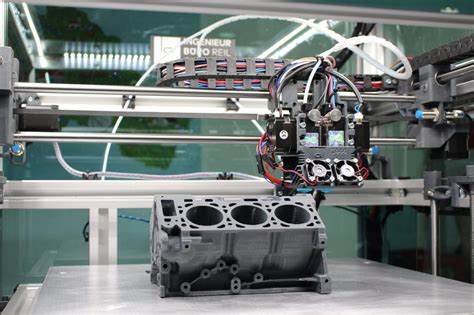The future of artificial intelligence and work is often discussed in the context of automation versus augmentation. “Automation” signifies replacing human labor with technology, while “augmentation” enhances human skills with AI. Automation displaces tasks, but augmentation boosts human expertise and offers a sustainable approach to societal welfare and economic growth.
However, automation of specific tasks—like interpreting medical images, for example—could help promote equality, drive economic growth and augment work for millions. As managing director of a venture capital firm focused on investing in AI and AI-enabled businesses, I’ve been able to develop a unique vantage point to inform my perspectives. And from my perspective, automation as a form of augmentation can not only supercharge business workflows but also empower the average worker by helping democratize opportunity.
What might be automation for one person could serve as augmentation for another, depending on their unique abilities. For starters, it’s important to recognize that augmentation and automation are not mutually exclusive, given the diverse spectrum of human skills. Automation of a specialized skillset could mean augmentation for a less technical, more widespread skillset.
Simply put, if AI-enabled automation solves specialized skills that serve as bottlenecks in certain occupations, such automation also stands to unlock previously unattainable opportunities by augmenting another set of workers.
Therefore, I believe simplistic debates on whether AI will automate tasks or augment people miss the crux of the issue. The real value of AI lies in automating specialized tasks that otherwise cause productivity bottlenecks; this automation can then, in turn, unleash widespread economic opportunity. If automation is envisioned as a form of augmentation, it could stimulate economic growth while unlocking transformative possibilities for individuals with less specialized abilities.
Use Cases: Industries Challenging The Stigma Of Automation
The thesis we are exploring suggests that automation can enhance job prospects and increase skill value. Let’s examine concrete examples of automation as a form of augmentation.
Therefore, I believe simplistic debates on whether AI will automate tasks or augment people miss the crux of the issue. The real value of AI lies in automating specialized tasks that otherwise cause productivity bottlenecks; this automation can then, in turn, unleash widespread economic opportunity. If automation is envisioned as a form of augmentation, it could stimulate economic growth while unlocking transformative possibilities for individuals with less specialized abilities.
1. Writing: Models such as ChatGPT that automate writing have raised concerns about the ongoing relevance of professional authors. However, for those with poor writing skills or those communicating in a nonnative language, ChatGPT can serve as augmentation and help such individuals communicate more effectively and eloquently.
2. Personal Transportation: The introduction of GPS-based navigation automated a specialized ability previously confined to professional taxi drivers. Today, GPS navigation has enabled a large swath of amateur drivers to seek productive employment with companies such as Uber or Lyft.
3. Language Translation: AI has already reached a level where it has the potential to provide real-time and highly accurate translation, which might superficially threaten language translators’ job prospects. However, language-related constraints cost the world economy $1.75 trillion annually, so I believe AI also stands to enhance communication, trade and cross-cultural exchange.
4. Healthcare: AI can provide medical diagnoses by leveraging prediction algorithms based on symptom information. One might think that automating diagnoses with AI could potentially disrupt the employment of doctors. However, the truth is that there will be a shortage of nearly 10 million physicians by 2030, and AI could help enable medical professionals to treat more patients, which would help mitigate the human talent deficiency.
5. Education: AI-powered online learning platforms are transforming education and offering students personalized pathways. While AI has the potential to automate the specialized skill of engaging with diverse learning styles, it can enable more teachers to interact with diverse students more effectively. This can result in an empowered teaching workforce and overall augmentation of the learning process.
These examples show that while some highly specialized workers might be threatened by skill automation, lower-skilled individuals can also benefit from AI’s possibilities. Therefore, from my perspective, automation does not solely lead to job loss and skill devaluation. The effects of automation are context-dependent and can have positive labor market outcomes.
Shaping The Future: Shifting Mindsets Toward Automation As Augmentation
The argument against AI-enabled automation often stems from the fear that AI might replace human jobs and put millions of people out of work. Key concerns include job displacement, skill devaluation and exacerbated inequality.
These concerns are valid, but I believe it’s important to highlight the line between automating tasks versus jobs. One person’s automation can be another’s augmentation. Task automation is inevitable, but a balanced perspective means acknowledging that automating specialized tasks can also empower people through AI.
To optimize benefits and mitigate risks, it can be beneficial to automate specialized tasks that hinder wider economic access. From my perspective, such solutions might devalue skills held by a few but could balance job displacement with opportunities for productivity improvement. In essence, automation can displace or empower workers, contingent on the tasks automated. In an ideal future, I envision automation as a medium for augmentation and democratizing opportunities.
That being said, business leaders bombarded with AI hype should avoid the trap of overestimating what AI can do in the short term. Prioritize by automating the drudge work that creates bottlenecks in your operations. For the foreseeable future, AI won’t substitute human judgment, common sense, empathy and experience. An incremental approach to automating repetitive, mundane tasks will improve your competitiveness while enabling your people to engage in more meaningful and fulfilling work.
Leaders should provide training and re-skilling opportunities for employees impacted by automation as well. At my company, for instance, we automated time-consuming data analysis and market research tasks with AI, which enabled our team to focus on strategic work. We involved our team in the decision-making process and then provided training for the new tools, which boosted productivity as well as job satisfaction.
Harnessing automation as a tool for augmentation could unlock vast potential in shaping the future impact of AI on the workforce. From the average employee to the budding entrepreneur, AI has the potential to turbocharge workflows and democratize opportunities. Embracing this perspective allows us to envisage a future abounding with possibilities.
Gallery
SOURCE: Automation As Empowerment For The Workforce Of The Future (forbes.com)

